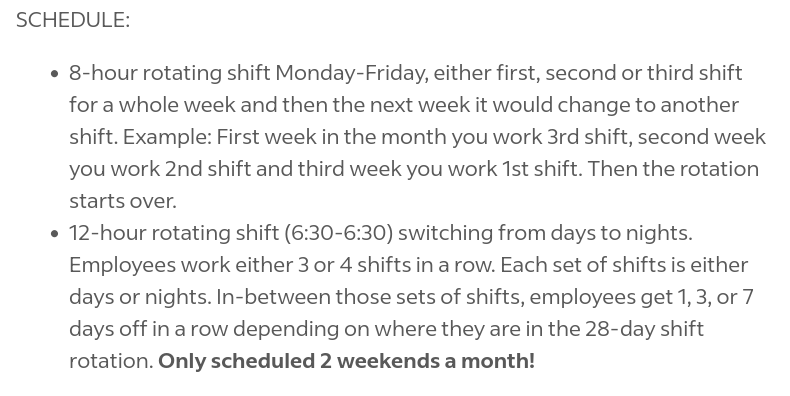Ask Lemmy
A Fediverse community for open-ended, thought provoking questions
Rules: (interactive)
1) Be nice and; have fun
Doxxing, trolling, sealioning, racism, and toxicity are not welcomed in AskLemmy. Remember what your mother said: if you can't say something nice, don't say anything at all. In addition, the site-wide Lemmy.world terms of service also apply here. Please familiarize yourself with them
2) All posts must end with a '?'
This is sort of like Jeopardy. Please phrase all post titles in the form of a proper question ending with ?
3) No spam
Please do not flood the community with nonsense. Actual suspected spammers will be banned on site. No astroturfing.
4) NSFW is okay, within reason
Just remember to tag posts with either a content warning or a [NSFW] tag. Overtly sexual posts are not allowed, please direct them to either [email protected] or [email protected].
NSFW comments should be restricted to posts tagged [NSFW].
5) This is not a support community.
It is not a place for 'how do I?', type questions.
If you have any questions regarding the site itself or would like to report a community, please direct them to Lemmy.world Support or email [email protected]. For other questions check our partnered communities list, or use the search function.
6) No US Politics.
Please don't post about current US Politics. If you need to do this, try [email protected] or [email protected]
Reminder: The terms of service apply here too.
Partnered Communities:
Logo design credit goes to: tubbadu
view the rest of the comments


Industrial engineer here. I have no fucking clue. It was theorized it might be better overall like 30 years ago, but by the time i graduated college it was understood that so long as you have management during changeovers so later shifts aren’t left confused or unsupervised you get all the real benefit of rotating shifts without the tremendous downside of all your workers being constantly off and pissed.
Also they should be providing later shifts with free healthy lunches and other incentives to keep them in good health to reduce the costs to their bodies of later shifts. Late shift operators need extra assistance because they’re living against society and circadian rhythms. Poor health also reduces performance so this isn’t what they should do because it’s right, it’s what they should do because if they don’t they’re always going to be frustrated at late shift performances
I'd hazard a guess that financial impacts of reduced performance as a result of this torturous schedule pale in comparison to the cost due to injuries.
I've recently had to work a couple of overnight shifts when I was overwise working basically dawn to dusk. Staying awake isn't that hard. Getting real sleep becomes the struggle. What surprised me though was the vertigo, constant low grade nausea, and dizziness that disappeared after a normal full NIGHT's rest. I may feel like a night owl sometimes, but my body does not agree.
Probably. But it’s an issue of variance. You will get the reduced performance. And if you get an injury you’re in a real bad spot, but an increase in likelihood of an abnormal event with disastrous consequences is far more abstract to businesses than something like a reduction in performance.
This is why the field of actuarial science exists. I bet whomever is insuring these businesses would be interested in all of these management attitudes and business practices.